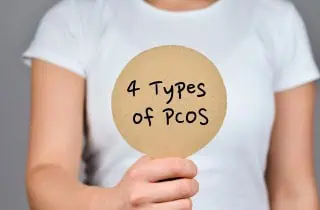 Hormonal IUDs are different from all types of hormonal birth control in that they do not suppress ovulation and can, therefore, permit natural cycling.
Hormonal IUDs are different from all types of hormonal birth control in that they do not suppress ovulation and can, therefore, permit natural cycling.
Other benefits of hormonal IUDs are that they are convenient and a highly effective method of birth control. They can also dramatically reduce menstrual flow and relieve pain and other symptoms of endometriosis. Hormonal IUDs also have some downsides.


